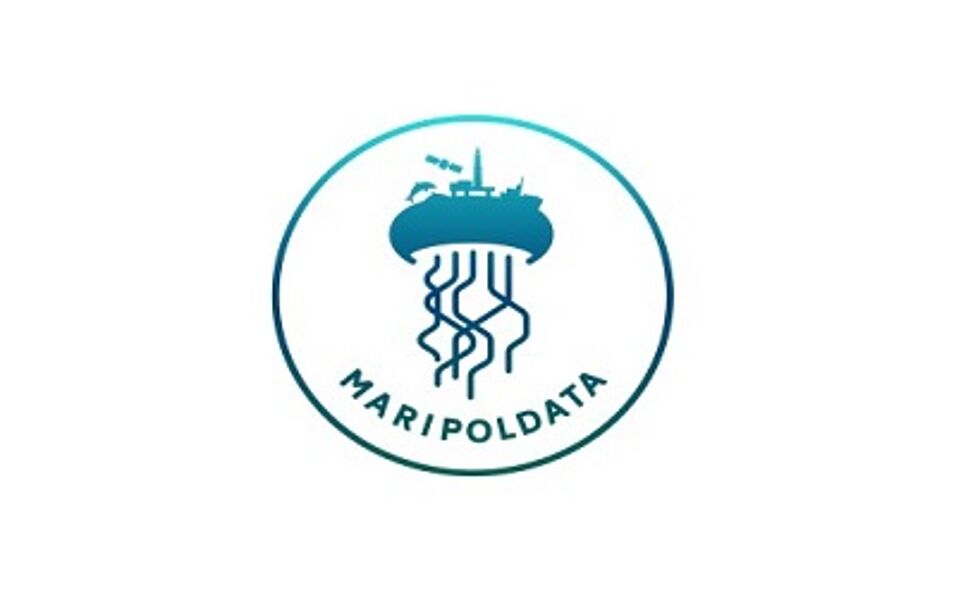Online Presentation by Ina Tessnow-von Wysocki and Alice Vadrot during the 11th MARE People and Sea Conference
Pathways for Science into Marine Biodiversity Negotiations
Date: June 29, 2021
Time: 18:30-20:30 (CEST)
Abstract:
The ongoing negotiations for a legally binding instrument for the conservation and sustainable use of marine biodiversity beyond national jurisdiction (BBNJ) are expected to be based on “best available science”. This definition however, does not reveal which actors convey such science and over which ways this information gets into the policy-making arena. This paper studies science- policy interfaces in international negotiations, using empirical data, collected through event ethnography, participant observation and semi-structures interviews at the BBNJ negotiation site. In the first section, we identify the actors and avenues over which science is brought into the BBNJ negotiations. The second section regards the case study of one particular scientific concept – ecological connectivity- that has found ground in the BBNJ negotiations and traces its inclusion over time. Results show that science-policy interfaces are diverse and often include informal channels of communication. To guarantee an effective science-policy interplay during the negotiations and for the implementation of the final agreement, that takes into consideration global expertise from multiple scientific fields and various forms of knowledge, formalized processes, including an independent Scientific and Technical Body for BBNJ are required. The findings, outlining actors and channels for the inclusion of science in the BBNJ negotiations are valuable for policy-makers to reach out to science, as well as scientists to make their research heard in the ongoing international negotiations for the future of marine biodiversity and to reflect on the current role of science in BBNJ.
*******
Online Presentation by Arne Langlet and Alice Vadrot during the 11th MARE People and Sea Conference
Negotiating Scientific Institutions to Monitor the Ocean – the case of the Clearing-House Mechanism and the Scientific and Technical Body under the BBNJ Agreement
Date: June 30, 2021
Time: 10:15-12:15 (CEST)
Abstract:
United Nations member states are currently underway of negotiating a new legally binding instrument for the conservation and sustainable use of biodiversity beyond national jurisdiction (BBNJ). Monitoring of high seas biodiversity is an important aspect in the implementation of the BBNJ agreement. Monitoring tasks include collecting, storing and facilitating the exchange of relevant scientific data, conducting scientific assessments and reports and documenting states’ conformance with the regulations under the Treaty. The BBNJ draft text currently foresees two different bodies that should potentially conduct tasks related to monitoring, namely the Clearing-House Mechanism (CHM) and the Scientific and Technical Body. It is currently undecided, whether these bodies will be newly established by the Treaty or incorporated into existing International Organizations (IO). Using Collaborative Event Ethnography and Social Network Analysis in the ongoing BBNJ negotiations, this paper demonstrates how different IOs claim authority over monitoring tasks and how states aim to attribute authority to IOs. By claiming or attributing authority, IOs and states bring into contention existing scientific capacities and practices of monitoring biodiversity. Hence, this paper explores the authority of IOs by their scientific capacities, and practices and network positions. These will influence the institutionalization of the bodies under the new agreement when IOs are mandated to implement tasks of the new agreement or when newly established bodies are designed to mirror practices of existing IOs. Key questions are: which different monitoring and scientific capacities and practices are under contention in the BBNJ negotiations, what is the network position of relevant IOs and how may this influence the future implementation of the agreement? In order to assess the authority of IOs, this paper makes use of Bourdieu’s notion of social and cultural capital. Scientific capacities and practices are approached via the notion of cultural capital and the network position of IOs via social capital.

